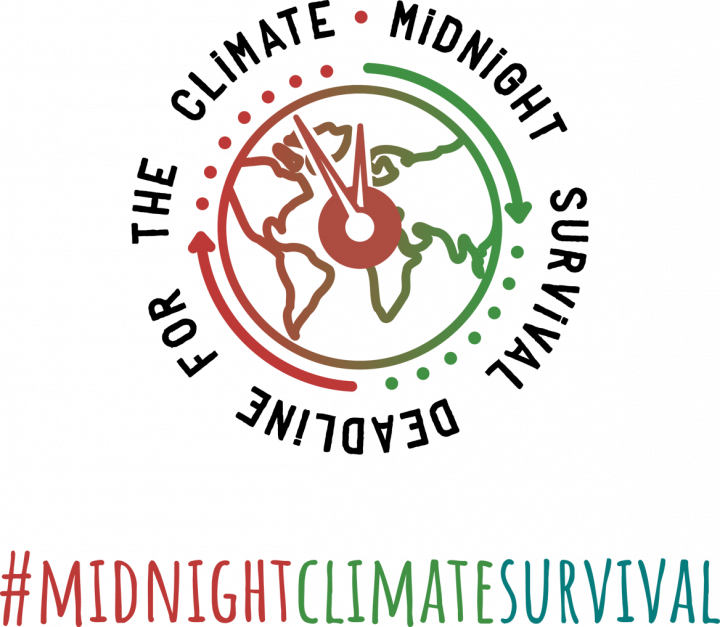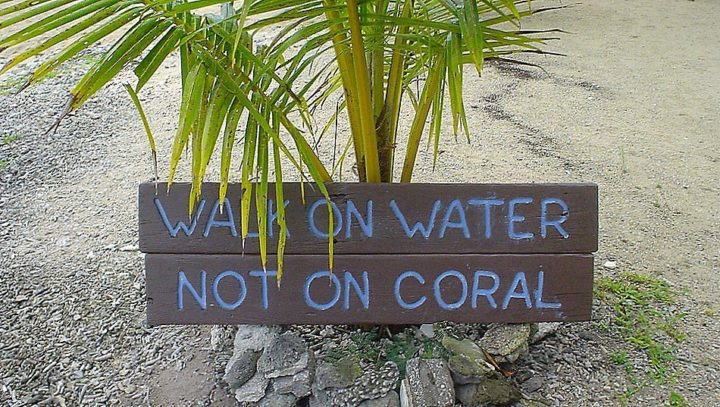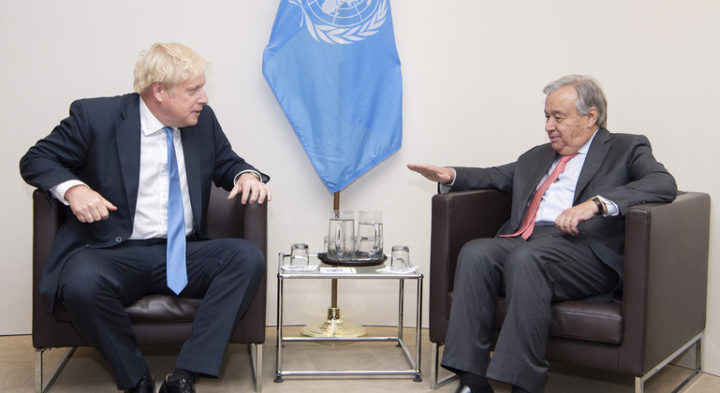When enhanced NDCs are a matter of survival
For 1.2 billion people across the globe the collective decarbonisation commitments all governments are a matter of survival. Will countries use the Ambition Summit to respond?
By Alison Doig
Share
Last updated:

I have sat in many long Zoom calls this year discussing climate ambition, with analysis of what net zero emissions means, whether targets should be set for 2050 or 2030 or somewhere in between, and so on. Never once have I thought these were life or death discussions for me personally. But for 1.2 billion people across the globe the collective decarbonisation commitments put forward by all governments are a matter of survival. The tempest of our changing climate is right on their door and pushing hard.
Today we see the launch of the ‘Midnight Climate Survival’ campaign from the Climate Vulnerable Forum (CVF), an international partnership representing the 48 countries most vulnerable to climate change. This campaign calls on every country to come forward with an enhanced climate commitment to the Paris Agreement by the end of 2020. It is tracking each country’s commitment closely, giving laggards nowhere to hide. And it is calling on each one of us to spread the message for their survival.
The Ambition Summit to be hosted by the UK, France and the UN Framework Convention on Climate Change (UNFCCC) on the 12th December gives a critical opportunity for large emitting industrialised countries, including the UK as COP26 host, to respond to this most urgent call. The question is, will they rise to this challenge, or continue to prevaricate?
What is the urgency about? First of all it is about countries fulfilling their commitments under the Paris Agreement. In the Agreement, governments pledged to upgrade their national targets – called ‘NDCs’ – every five years, starting this year. The current global commitments take us beyond an unimaginable 3oC of temperature rise this century. This campaign calls on countries to go much further much faster, as the science demands; to follow through on the commitment they made in the Paris Agreement and deliver stronger, updated NDCs before the end of this year, specifically by midnight on 31 December.
For these vulnerable countries there is real urgency, threatening lives, nations, cities, livelihoods, natural systems and whole ways of life. Science has shown the risk of serious harm to people and communities, loss of species and territory if the world warms beyond the 1.5°C goal of the Paris Agreement. But for many, the horror of climate impacts is already happening

The Pacific island state of Vanuatu has seen an upsurge in extreme weather events, increasingly destroying crops, causing food shortages, leading to hunger and eventually to humanitarian crises. Cyclone Pam, which hit Vanuatu in 2015, adversely affected 64% of the economy and 60% of the population as well as destroying 96% of food crops. The rising ocean temperature resulting from climate change has a big impact on marine fisheries, adding to sea-level rise, coastal erosion and ocean acidification experienced across small island states around the world.
Honduras is one of the poorest countries in the Western Hemisphere and is vulnerable to a whole range of climate-related hazards (hurricanes, tropical storms, floods, droughts, landslides) that devastate crops and critical infrastructure. The rural poor overwhelmingly depend on rainfed agriculture as their principal livelihood; many live in the southern and western regions, known as the Dry Corridor, where food insecurity has become a persistent affliction.
Madagascar is home to a diverse and unique range of species and ecosystems, many of them vulnerable to current and future climate patterns. The country has one of the highest poverty rates in Africa, with 81% of the population living on less than $1.25 per day. Madagascar has the highest risk from cyclones in Africa, and in the past 20 years has been struck by 35 cyclones, eight floods and five periods of severe droughts (a three-fold increase over the previous 20 years). This caused $1 billion in damages and affected food security, drinking water supplies and irrigation, public health systems, environmental management and quality of life.

The governments of these nations can only do so much on their own to reduce the rate of global carbon emissions and prepare for the greater climate change impacts ahead. That is why we have the Paris Agreement and its parent, the UNFCCC, which are explicit in setting out that richer, more developed nations have a duty to lead. So, the Midnight Climate Survival campaign asks: is yours leading? Is your government intending to help secure the future for the citizens of Madagascar, Honduras, Vanuatu and their likes, by ‘building back better’, starting by submitting to the UN its own stronger climate targets before the end of the year?
So far only 13 countries have pledged to accelerate their climate action this decade, but 151 have said they plan to. All NDCs presented at the Ambition Summit will be scrutinised to see if they have genuine ambition with plans to deliver urgent action starting in 2021, so as to do their part in staving off the direst consequences for the most vulnerable countries.
For the UK to show true leadership at the Ambition Summit, it needs to present the most ambitious climate action possible at home, plus leadership into 2021 to directly close the gap between the NDC commitments and the action needed to stay below 1.5oC of warming. The same equation confronts the EU as a bloc, and nations such as Canada, New Zealand and Norway that see themselves in the vanguard of climate action.
In the midst of all this year’s Zoom calls and technical webinars it’s sometimes easy to forget the billions for whom this matters most. Midnight Climate Survival is here to ensure that we don’t.
Share